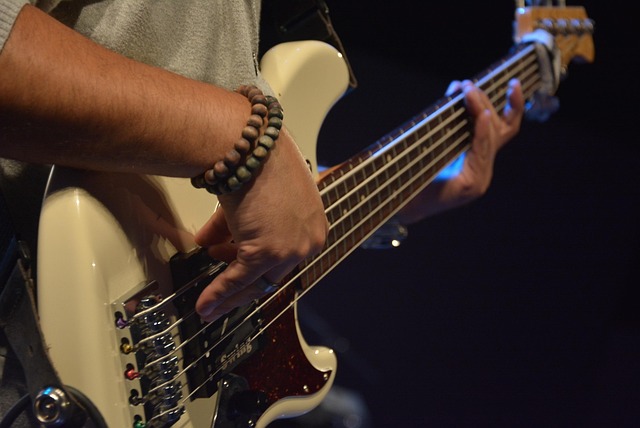Jazz is more than just a genre; it is a vibrant tapestry woven with the threads of culture, history, and social dynamism. Engaging with jazz research opens a door to understanding how this music form has not only influenced other genres but also shaped the very fabric of society. From the smoky clubs of New Orleans to the electrifying jazz festivals held in cities worldwide, the culture surrounding jazz is as rich and diverse as the music itself.
As we dive into the world of jazz, we can appreciate how it intersects with various other musical genres. The improvisational nature of jazz allows it to blend seamlessly with blues, funk, rock, and even hip-hop. This fusion creates a unique party atmosphere, where musicians and audiences become part of an exhilarating sonic adventure. Spaces like jazz bars transform into lively venues where the music is not just heard but felt in the very bones of the attendees. It’s a communal experience, one that fosters connections and ignites creativity.
Jazz research plays a vital role in dissecting these intricate layers of the musical culture. Scholars and enthusiasts alike delve into the lives of legendary figures like Louis Armstrong and John Coltrane, seeking to understand not only their music but the social environments that birthed their genius. This exploration reveals how jazz served as a voice for the marginalized, a platform for expression during times of social strife. The music echoed the collective heartbeat of a community, providing solace and a sense of belonging.
Additionally, the rhythmic grooves and intricate melodies found in jazz can inspire a new generation of musicians. Young artists are experimenting within this genre, taking its foundational elements and crafting their own soundscapes. Each note played represents a dialogue with the past while simultaneously pushing the boundaries of musical art. This intergenerational exchange is a testament to the enduring legacy of jazz. It encourages us to keep evolving while remembering where we came from.
The party atmosphere surrounding jazz culture is tangible, especially during events that celebrate the genre. Festivals like the Montreux Jazz Festival or the Newport Jazz Festival attract crowds eager to bask in the vibrant sounds resonating through the air. These events are not merely concerts; they are a cultural phenomenon that brings together people from all walks of life. Here, the barriers between musicians and their audience dissolve, allowing everyone to partake in the spontaneous joy that jazz embodies.
As we navigate the extensive landscape of jazz research, we uncover stories and perspectives that challenge our understanding of not just jazz music but music culture as a whole. It encourages us to engage with our local music scenes, to appreciate the nuances of various genres, and to recognize the artistry involved in music creation. Jazz is alive; its spirit thrives in the mouths of musicians and the ears of listeners. In understanding jazz, we better understand ourselves and the world around us.
Whether you’re a seasoned aficionado or a curious newcomer to the genre, the exploration of jazz research offers endless opportunities for growth and discovery. So, gather your friends, share a drink, and immerse yourself in the grooves, as the sound of jazz flows through you. The music invites you to let loose and celebrate the culture that makes us all feel alive.




